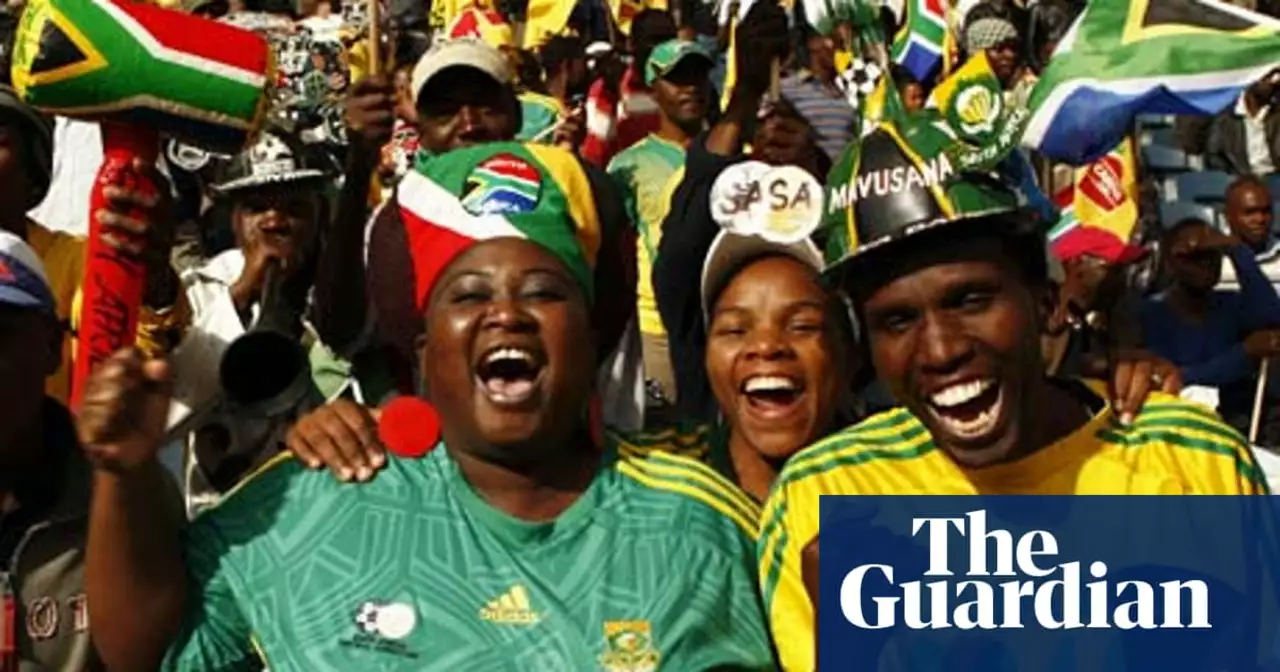South Africa Cricket – News, History, and Player Stories
When talking about South Africa, a nation with a deep cricket heritage, home to the national side and frequent host of major tours. Also known as the Republic of South Africa, it has produced legends and sparked debates about player eligibility. The country's cricket scene encompasses the Proteas, South Africa's national cricket team, which competes in the ICC Cricket World Cup, the premier global tournament held every four years. At the same time, the rise of the Pakistan Super League, a fast‑growing T20 league that often clashes with international schedules adds another layer to player decisions.
One of the most talked‑about moves in recent years was Kevin Pietersen’s switch from the Proteas to England. His story illustrates how talent depth and limited openings can push a player to seek opportunities abroad. Pietersen left a crowded South African lineup, where emerging stars made breaking into the top eleven a steep climb, and found a clear path with the English side. This kind of migration isn’t just a personal choice; it reflects broader patterns where national boards, league contracts, and tournament timings intersect.
The ICC Cricket World Cup itself reshapes South Africa’s calendar every four years. Hosting rights, qualification routes, and the prestige of a deep run force the Proteas to balance domestic leagues, player workload, and preparation camps. When the World Cup falls close to the start of the PSL, many South African stars weigh the financial lure of a T20 franchise against the honor of representing the nation on the world stage.
Key Topics You’ll Find Below
We’ve gathered articles that dive into the practical side of these dynamics. You’ll read why big names sometimes skip the PSL, how the Proteas manage squad rotation during busy periods, and the impact of player migration on both South African cricket and the leagues they join. There’s also a look at the logistical side of streaming cricket, the best apps for live matches, and even a guide on building a live‑score website—useful if you want to follow the Proteas’ performance in real time.
Beyond the headlines, the collection touches on the numbers that matter. For example, the ICC’s four‑year World Cup cycle gives teams enough time to develop talent pipelines, but it also means a long wait for fans craving major tournaments. Meanwhile, the PSL’s schedule often overlaps with international tours, creating a tug‑of‑war for players who must choose between national duty and lucrative contracts.
Another recurring theme is the role of technology in keeping fans connected. From free‑to‑air streaming boxes that challenge traditional broadcasters to dedicated cricket apps that bypass hot‑favorite platforms, the way South African fans consume the game is evolving fast. Understanding these tools helps you stay ahead of the curve, whether you’re tracking a Proteas match or catching a PSL finale.
All this context sets the stage for the articles below. You’ll get a mix of analysis, how‑to guides, and behind‑the‑scenes stories that together paint a vivid picture of South Africa’s cricket landscape. Ready to explore the Proteas’ latest milestones, learn why some players skip the PSL, or find the best way to stream live matches? Dive in and discover the insights that matter most to fans like you.
